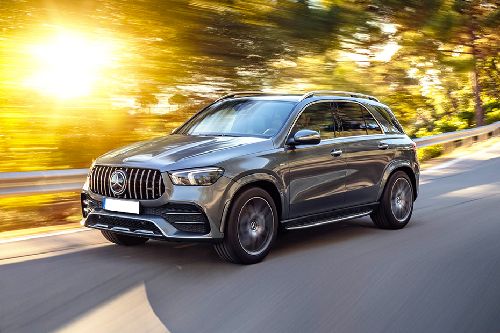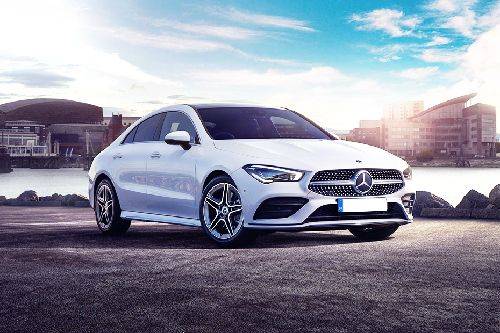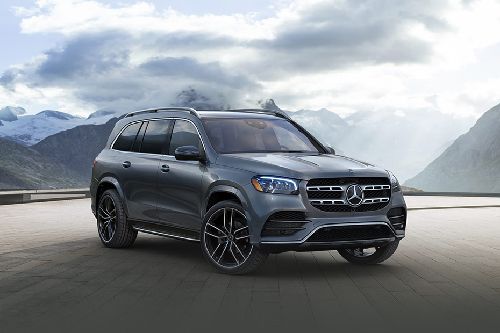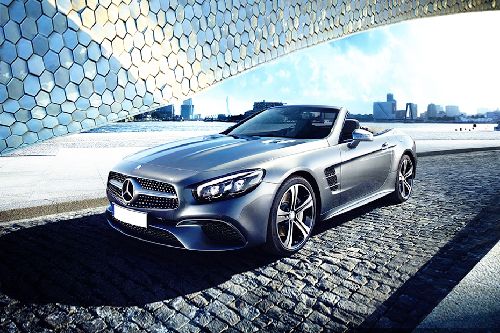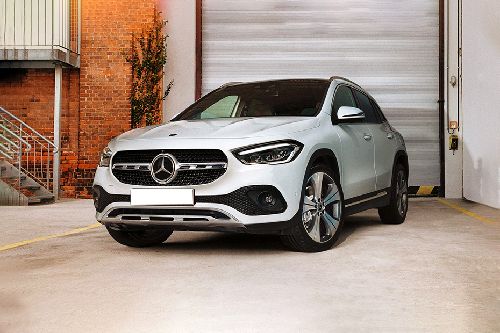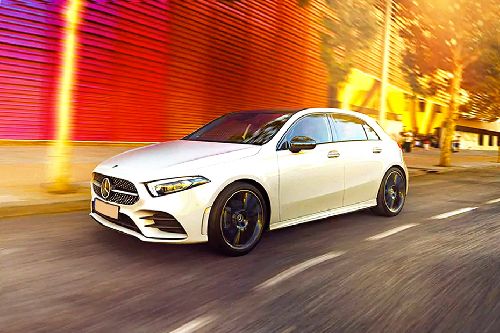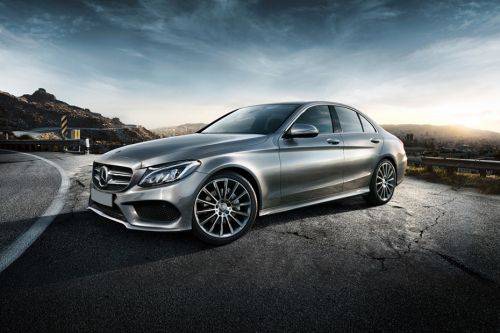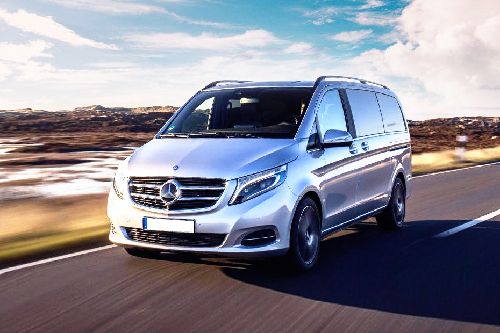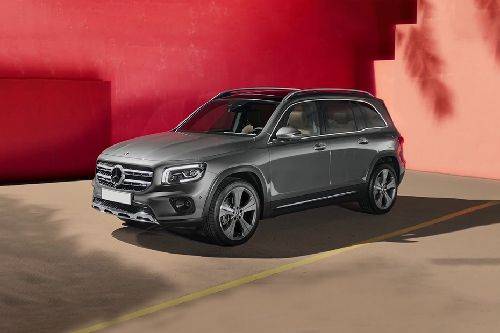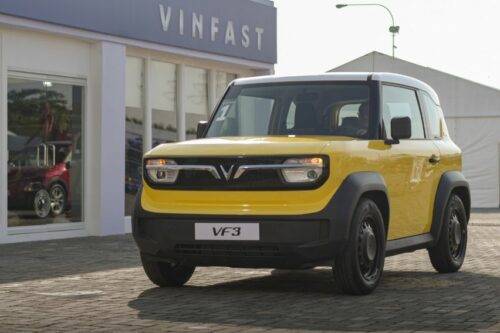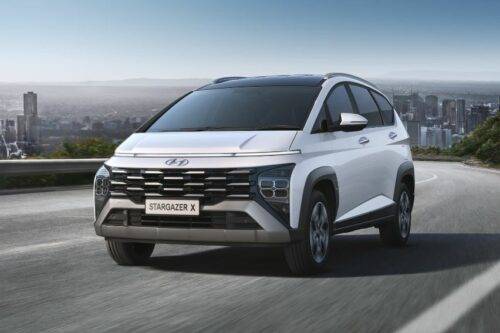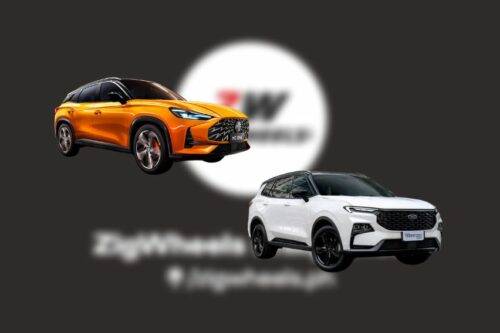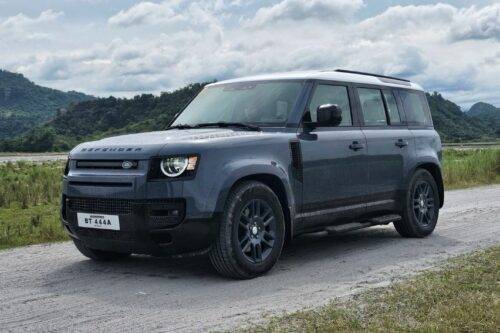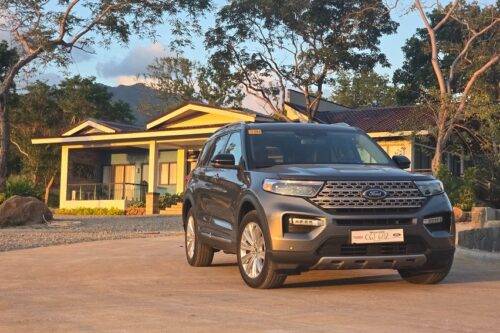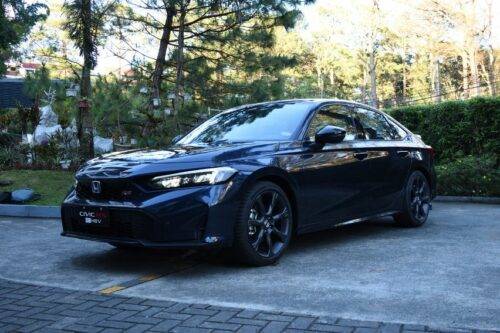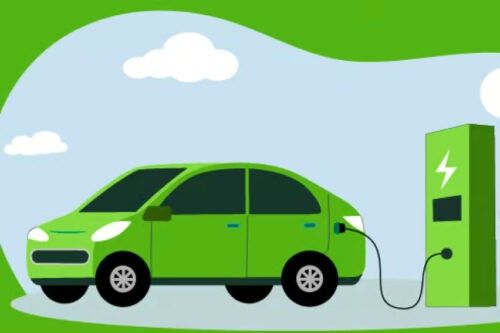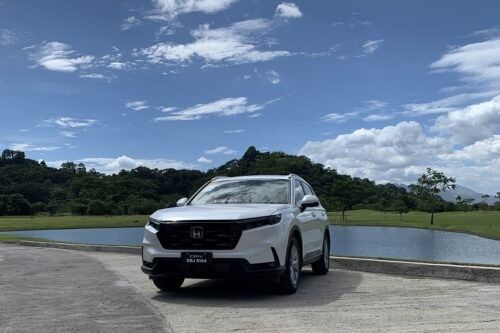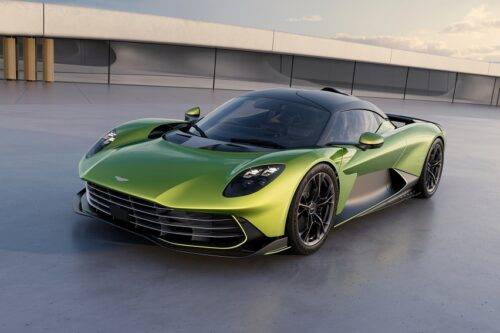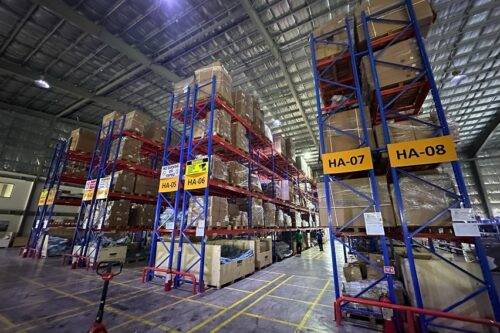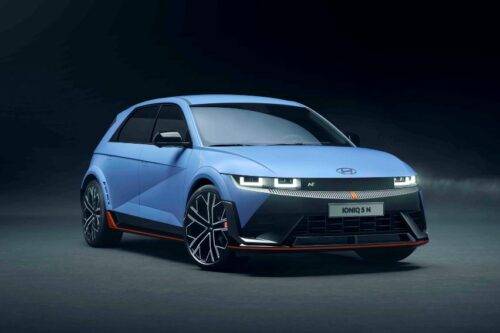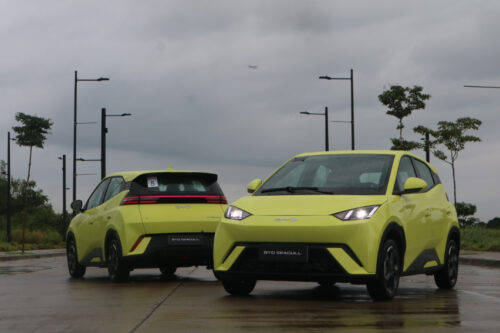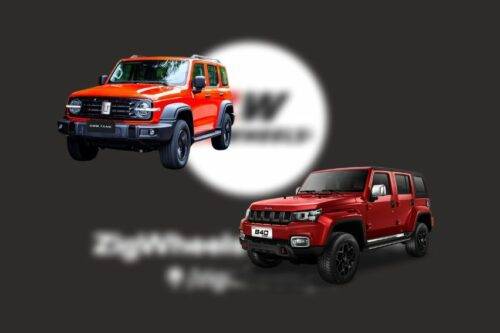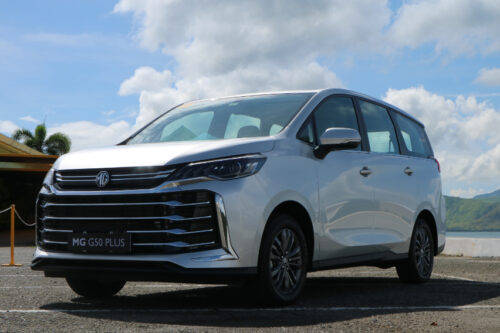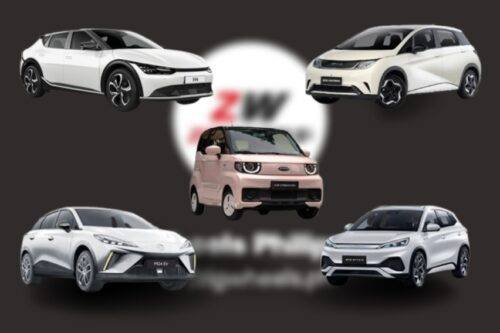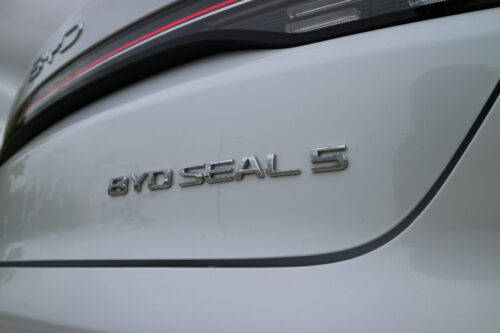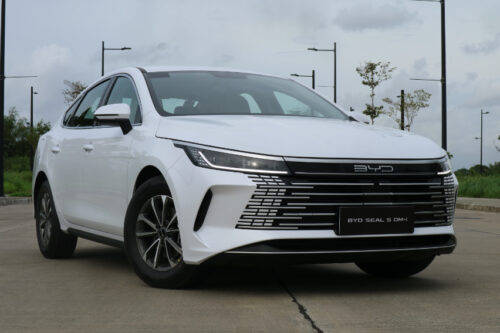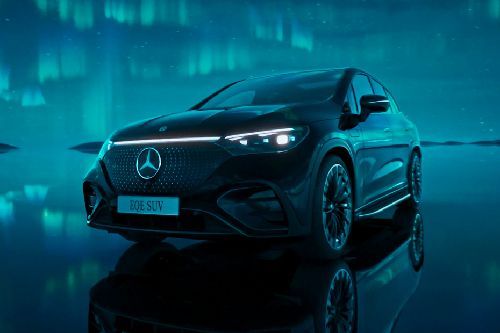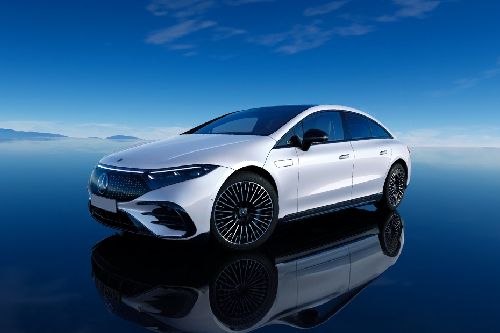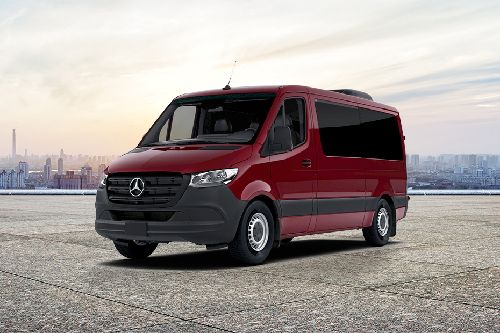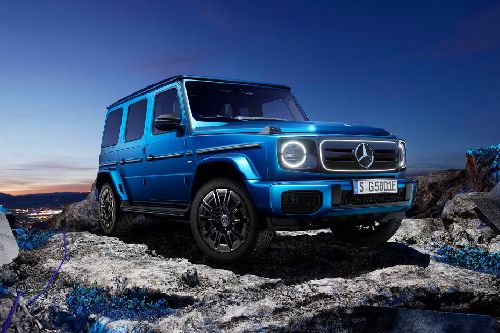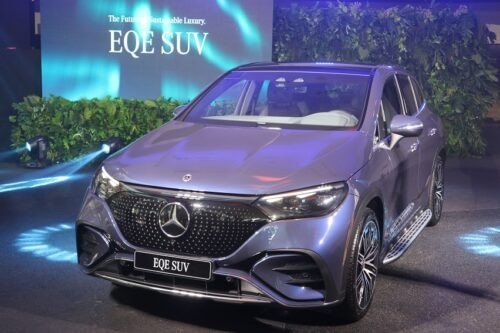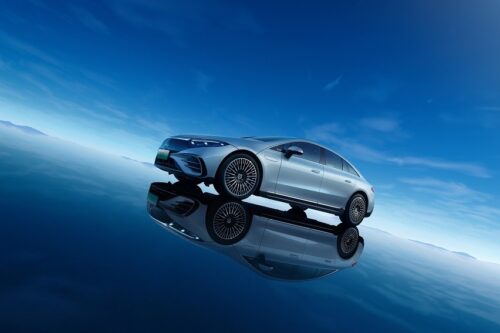Mercedes-Benz to slash CO2 emissions by more than half by end of decade
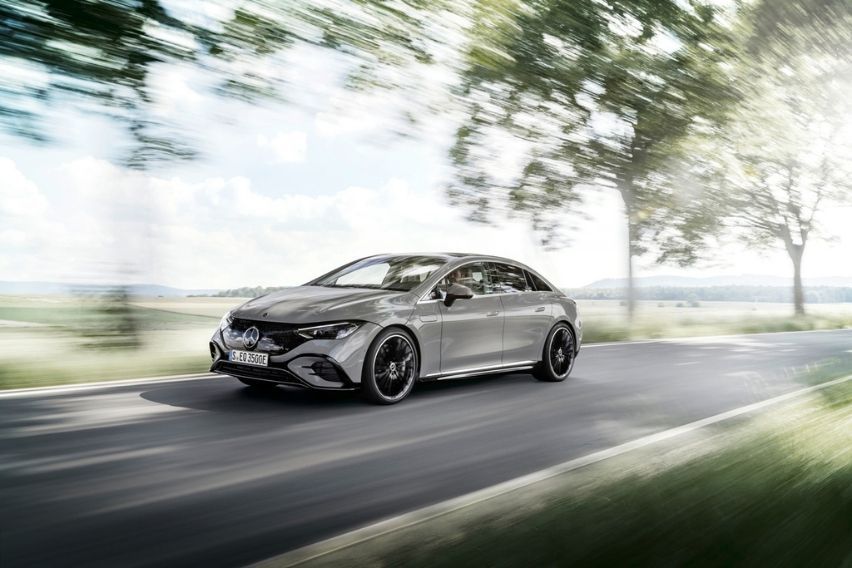
MANILA: Mercedes-Benz outlined its initiatives targeted at reducing CO2 emissions and producing long-term value for all stakeholders at its first digital ESG (Environment, Social, and Governance) Conference for investors and analysts. The company is committed to a faster shift to electric vehicles, as declared at the COP26 UN Climate Change Conference in November 2021.
KEY TAKEAWAYS
What are the key factors in achieving Mercedes-Benz' goal of reducing CO2 emissions by more than half by the end of the decade?
The key factors in achieving the goal include electrifying the car fleet, charging with green energy, advancing battery technology, and a large use of recyclable materials and renewable energy in manufacturing.What are the all-electric models that have been launched by Mercedes-Benz?
Mercedes-Benz has so far launched six all-electric models, including the EQA, the EQB, the EQC, the EQS, the EQE 350+, and the EQV.In a statement, Mercedes-Benz AG Board of Management Chairman Olla Kallenius said, “The desire for individual mobility keeps growing. Our mission is to meet this need in a sustainable way. Mercedes-Benz has a clear roadmap on how to become carbon-neutral. By 2030, we want to reach the halfway mark. In order to make faster progress in protecting the climate we need maximum dedication and more collaboration among governments, companies and society as a whole.”
By the end of this decade, the company hopes to have cut CO2 emissions per passenger car by half compared to 2020 levels. Electrifying the car fleet, charging with green energy, advancing battery technology, and a large use of recyclable materials and renewable energy in manufacturing are all key factors in achieving this aim. Mercedes-Benz wants to satisfy more than 70% of its energy needs with renewable energy by 2030, by installing solar and wind power on its own properties and through additional Power Purchase Agreements.
For quite some time, the electrification of the Mercedes-Benz range has been developing in great strides. The goal is to have a 50% share of plug-in hybrids and BEVs on the road by 2025 to getting all-electric by 2030, if market conditions allow. Six, and soon nine, all-electric models are already available worldwide. Mercedes-Benz has so far launched a number of global models, including the EQA, the EQB, the EQC, the EQS, the EQE 350+, and the EQV. The EQS SUV, the EQE SUV, and the EQT will be released for specific markets around the world. Through the continued electrification of its full model lineup, the carmaker intends to establish its leadership in electric mobility among commercial vans as well.
Using renewable energy for charging is an important element in the lifespan of an electric car for reducing CO2 emissions. Mercedes-Benz enables "green charging" at all of the Mercedes me Charge network's approximately 300,000 public charging points across Europe, ensuring that an adequate amount of electricity from renewable sources is supplied into the grid.
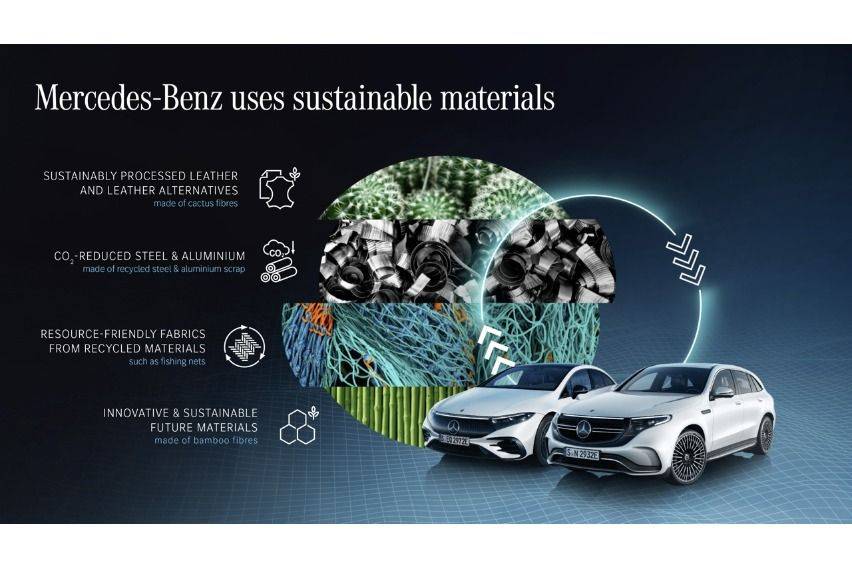
The battery is the most powerful tool for lowering CO2. Supply chain and manufacturing make up more than half of the life cycle CO2 emissions in the current EU electricity mix. The usage of renewable energy can drastically reduce this share. It is possible to reduce CO2 emissions for the overall battery pack by 20% by moving to CO2-neutral cell production. More CO2 savings are likely to be met by further initiatives, including optimizing the anode and cathode manufacturing processes. Strategic partnerships have been established to explore and industrialize cutting-edge cell technologies. High-silicon anodes, with more than 800 watt-hours per liter at the cell level by the mid-decade, have a lot of potential in terms of energy density. Mercedes-Benz also aims to deploy LFP batteries in its series-production vehicles. The cathode of these batteries is completely free of cobalt. The company has been also working on solid-state batteries with research partners. To keep control of the battery life cycle in-house, Mercedes-Benz is establishing a CO2-neutral recycling factory in Kuppenheim, Germany that will recycle end-of-life electric vehicle batteries using a revolutionary hydrometallurgical technology that raises recycling rates to 96%.
Mercedes-Benz is developing a green steel supply chain in order to significantly increase its use of low- and zero-CO2 steel. The company, which works closely with steel suppliers, is deliberately avoiding carbon offsets in favor of eliminating CO2 emissions. Mercedes-Benz became the first automaker to invest in Swedish start-up H2 Green Steel (H2GS) in 2021, with the goal of incorporating green steel into production models by 2025. Mercedes-Benz is steadily increasing the quantity of secondary aluminum it uses as part of its circular economy strategy.
In addition, it is the first automaker in Europe to commit to procuring solely primary aluminum certified by the Aluminum Stewardship Initiative (ASI) in the future for its stamping plants and foundries. This demonstrates that the raw materials are procured and handled ethically and sustainably, regardless of the originating country – from mining to melting and refining to the Mercedes-Benz plants. In the medium term, this requirement will be extended to additional sites outside of Europe.
Several sustainable materials are already in series production in some models. Seat upholstery materials manufactured from 100% recycled PET bottles, as well as floor coverings created from yarns collected from fishing nets and fabric scraps from old carpets, are among them. Cable ducting produced from recycled landfill waste will be used on the EQS and EQE. The EQS components, which are made with efficient resource use through recycled and renewable raw materials, weigh more than 176 lbs.
Mercedes-Benz Cars targets to increase the use of recycled materials per vehicle to 40% by 2030 by using its "Design for Environment" and "Design for Circularity" approaches to material selection.
Mercedes-Benz has been manufacturing CO2-neutrally in all of its own plants. The company plans to expand renewable energy production by installing solar and wind power at all of its manufacturing facilities.
Mercedes-Benz uses a holistic approach to ESG across all of its departments. Many issues arise as a result of the shift to CO2-neutrality and the spread of electric mobility, including those associated with raw materials such as cobalt and lithium, as well as supply networks. The company promotes transparency and takes proper measures in regard to 24 raw materials with a heightened risk as part of the risk-based Human Rights Respect System. According to the company objectives, human rights must be protected along the supply chain, from the mines where raw materials are collected to the processing firms, and eventually to own production.
Diversity, together with sustainability and ethics, is at the heart of Mercedes-Benz's long-term business strategy. The company believes that only diverse teams can achieve long-term success. The promotion of female employees is one of the areas of action for Diversity & Inclusion Management. They comprise the equivalent of 37.5% percent of the Board of Management — three out of the eight members. Mercedes-Benz wants to see more competent women in senior management positions, with a target of 30% share by 2030.
The financial world is evolving as a result of the transition toward climate neutrality, and green funding is becoming more important. As a result, the number of green financing instruments available, such as "Green ABS" and green KPI-linked bilateral funding agreements, will rise. Mercedes-Benz forecasts a large increase in EU taxonomy aligned CapEx through 2026 in line with its all-electric ambition. The assessment of Mercedes-Benz ESG's ratings is a crucial part in finding and resolving transparency gaps. In 2021, the company was able to substantially improve its ESG ratings.
Images from Mercedes-Benz
Also read: Mercedes-Benz celebrates Bernhard Langer’s career through tape art in a G-Class
Sell your car at the best price
 Verified and genuine buyers
Verified and genuine buyers
Mercedes-Benz Car Models
PIMS 2024
Trending & Fresh Updates
- Latest
- Popular
You might also be interested in
- News
- Featured Stories
Mercedes-Benz Featured Cars
- Latest
- Upcoming
- Popular
Latest Mercedes-Benz Car Videos on Zigwheels

Mercedes-Benz Car Articles From Carmudi
- journal

